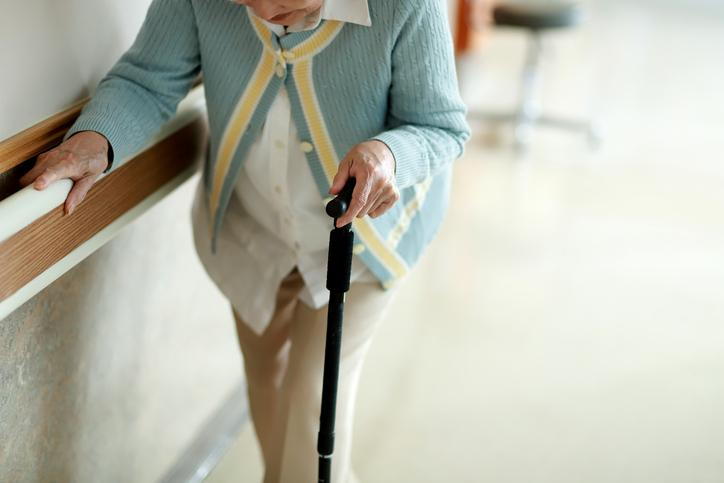
Nursing Malpractice Often Centers on Poor Patient Monitoring
- posted: Aug. 09, 2023
- Nursing Home Neglect
When we entrust our loved ones to the care of a nurse, we expect that the nurse will exercise a professional level of supervision and treatment. However, there is a significant incidence of nurses engaging in negligence, whether in nursing homes, hospitals or other health care facilities. Many nursing malpractice cases arise from a nurse’s failure to monitor a patient adequately, with resulting harm.
According to a recent insurance industry study, 45 percent of nursing malpractice claims involved poor patient monitoring, and in almost half of those cases, the result was the death of the patient. The study found the reasons for lack of proper monitoring in such cases included:
- nurses carrying heavy workloads involving multiple patients
- failure of nurses to function as a cohesive clinical team
- miscommunication between a physician and a nurse
- failure of the health care facility to ensure a safe environment
- distractions that caused a lack of situational awareness
Patient monitoring includes several activities, many of which are crucial to avoiding serious or even catastrophic injury. Regular observation of body temperature and blood pressure is one of the most common types of monitoring. Others include checking levels of consciousness, hemodynamics (blood-related markers) and respiratory function. These are important to administering the right medication at proper levels and times. More critically, they can signal potential medical emergencies.
Poor patient monitoring is common in nursing homes, where residents with known medical issues may be left in their room unattended for hours at a time. Nurses might not be alerted to emergencies or may be slow in summoning needed medical attention.
The insurance industry study said that health care professionals can improve patient monitoring by using algorithms to help evaluate signs of worsening conditions, such as temperature and blood pressure changes, and to send alerts when vital signs deteriorate. The study also said there should be a reliable chain-of-command policy that gives specific instructions for steps to take in emergent situations.
Surveys have shown that nursing is one of the most trusted professions, which makes these instances of malpractice all the more disturbing. We owe our loved ones high vigilance when they are at their most vulnerable. You should not sit passively aside and leave your relative’s care to the nursing staff, especially in a nursing home situation, where additional factors may increase substandard care and decrease its detectability. An experienced nursing home injury attorney can help you determine whether your relative is being subjected to inadequate treatment.
If nursing negligence has caused harm to you or a loved one, Seigel Law in Ridgewood, New Jersey can help you get the financial relief allowed by law. Call us at 201-444-4000 or contact us online to schedule free consultation.

